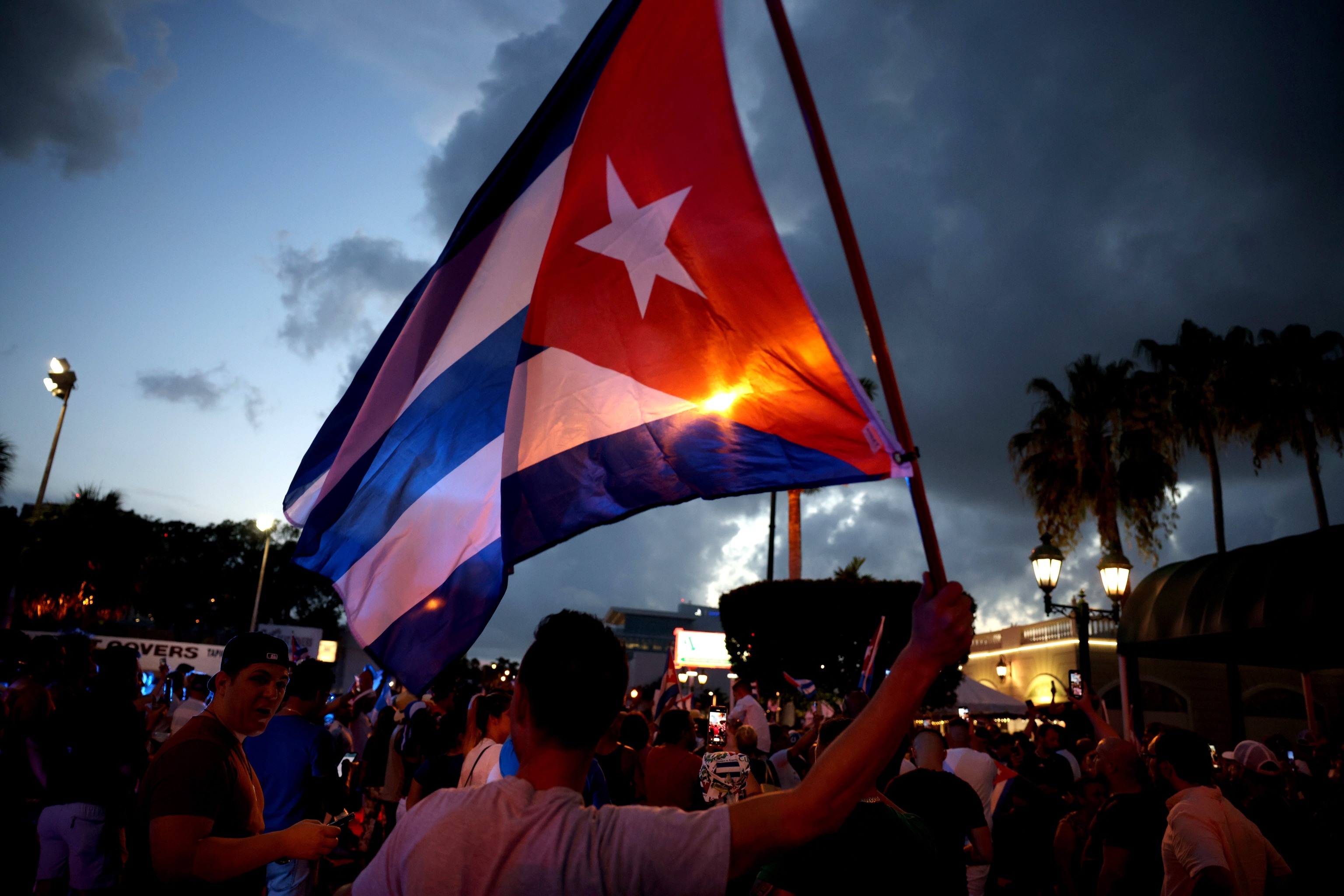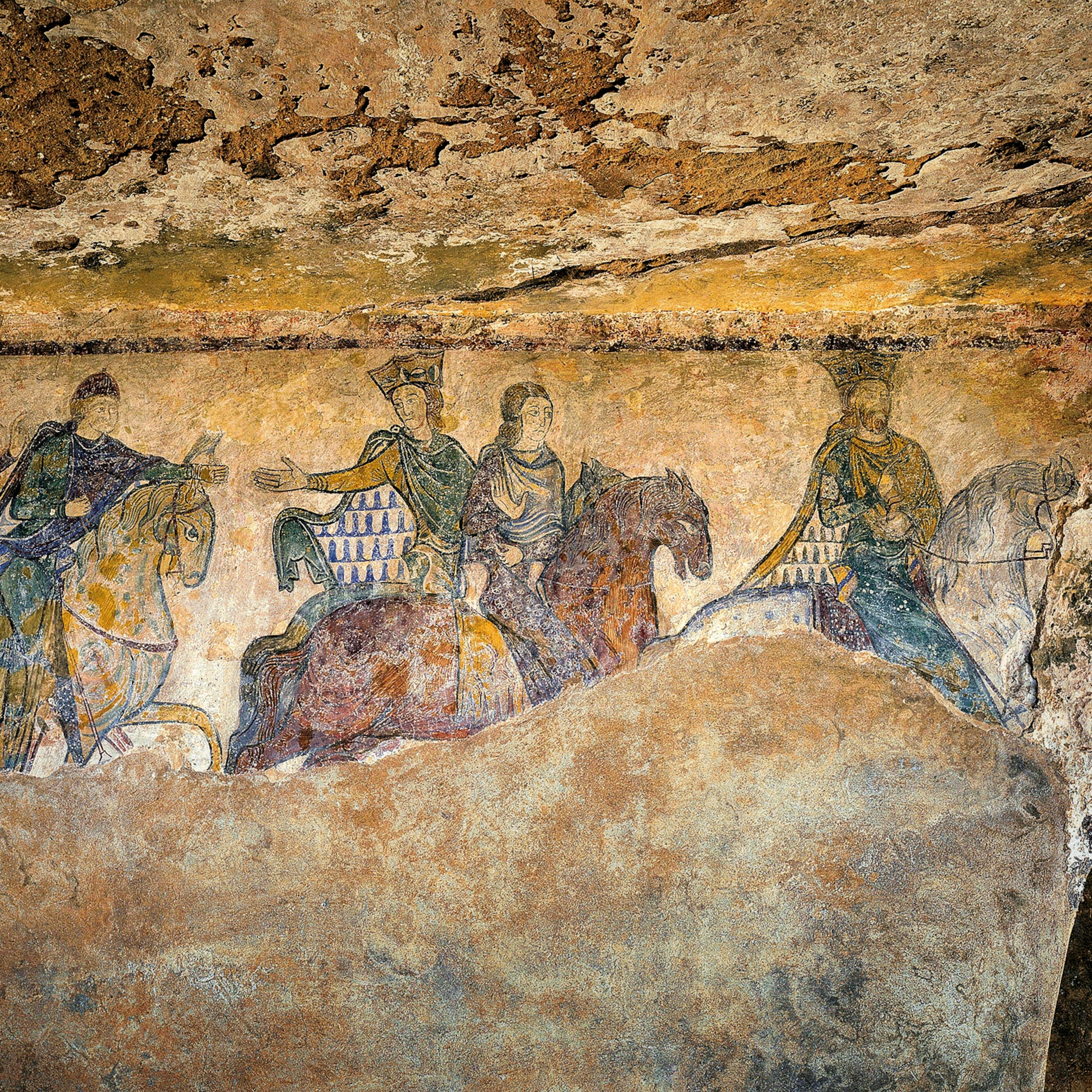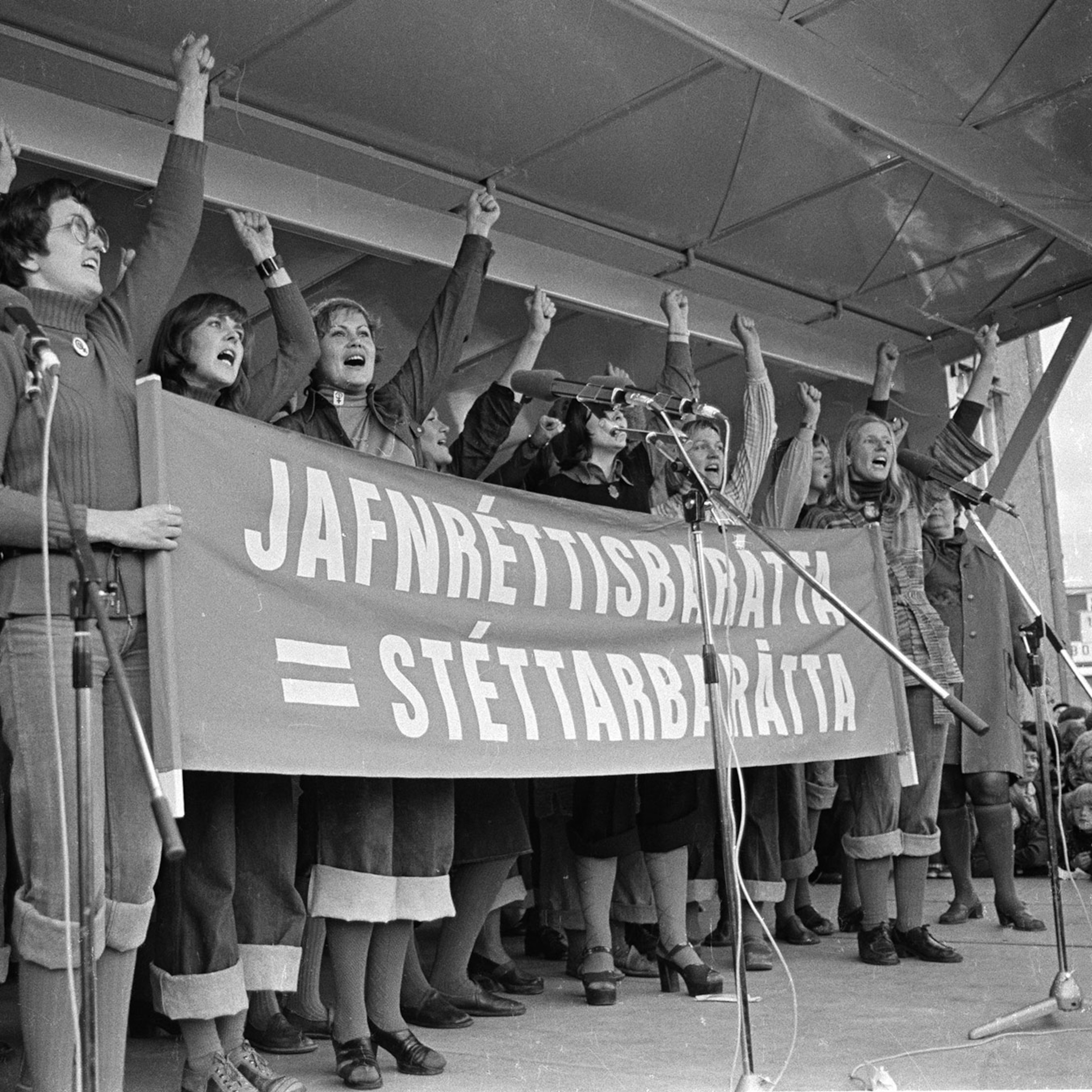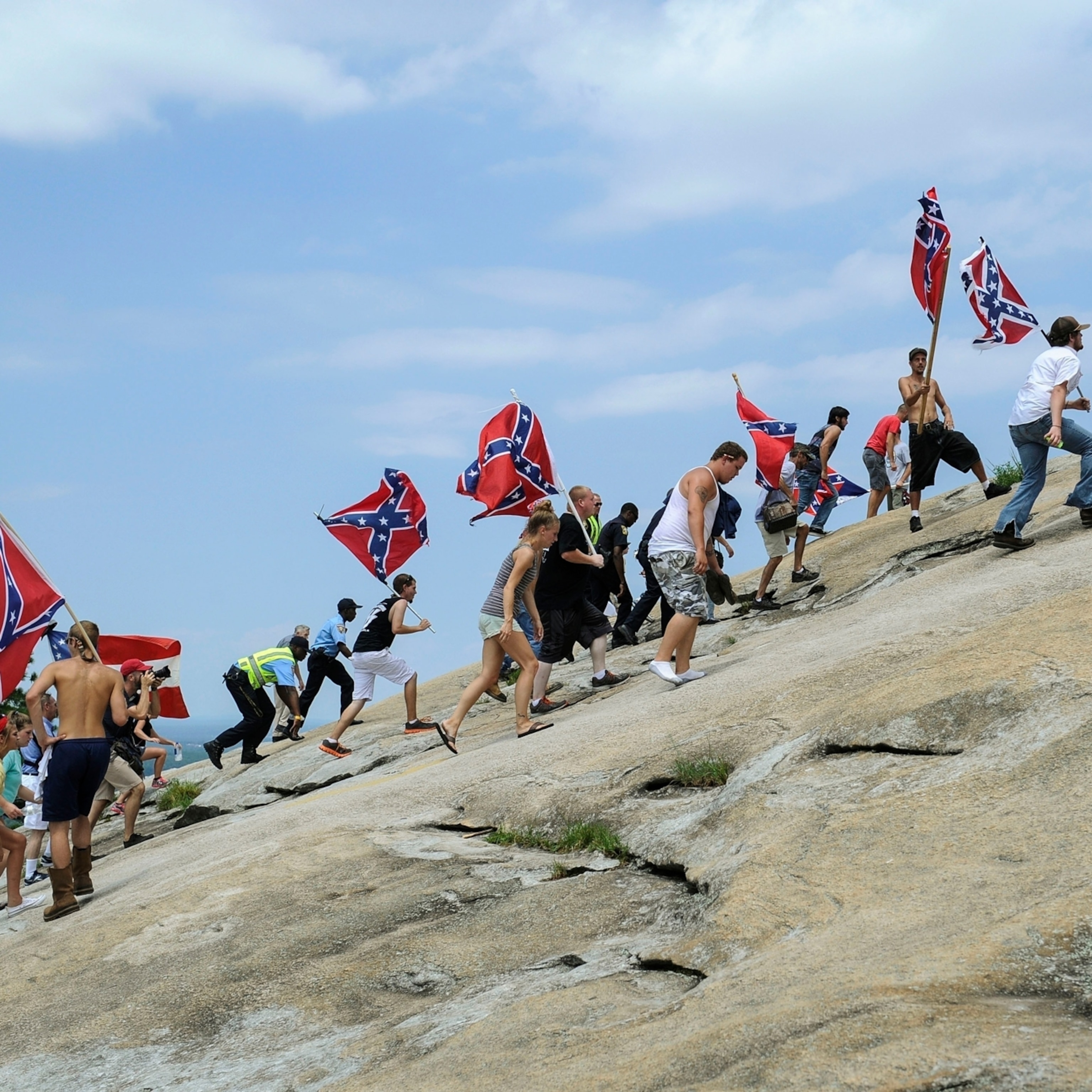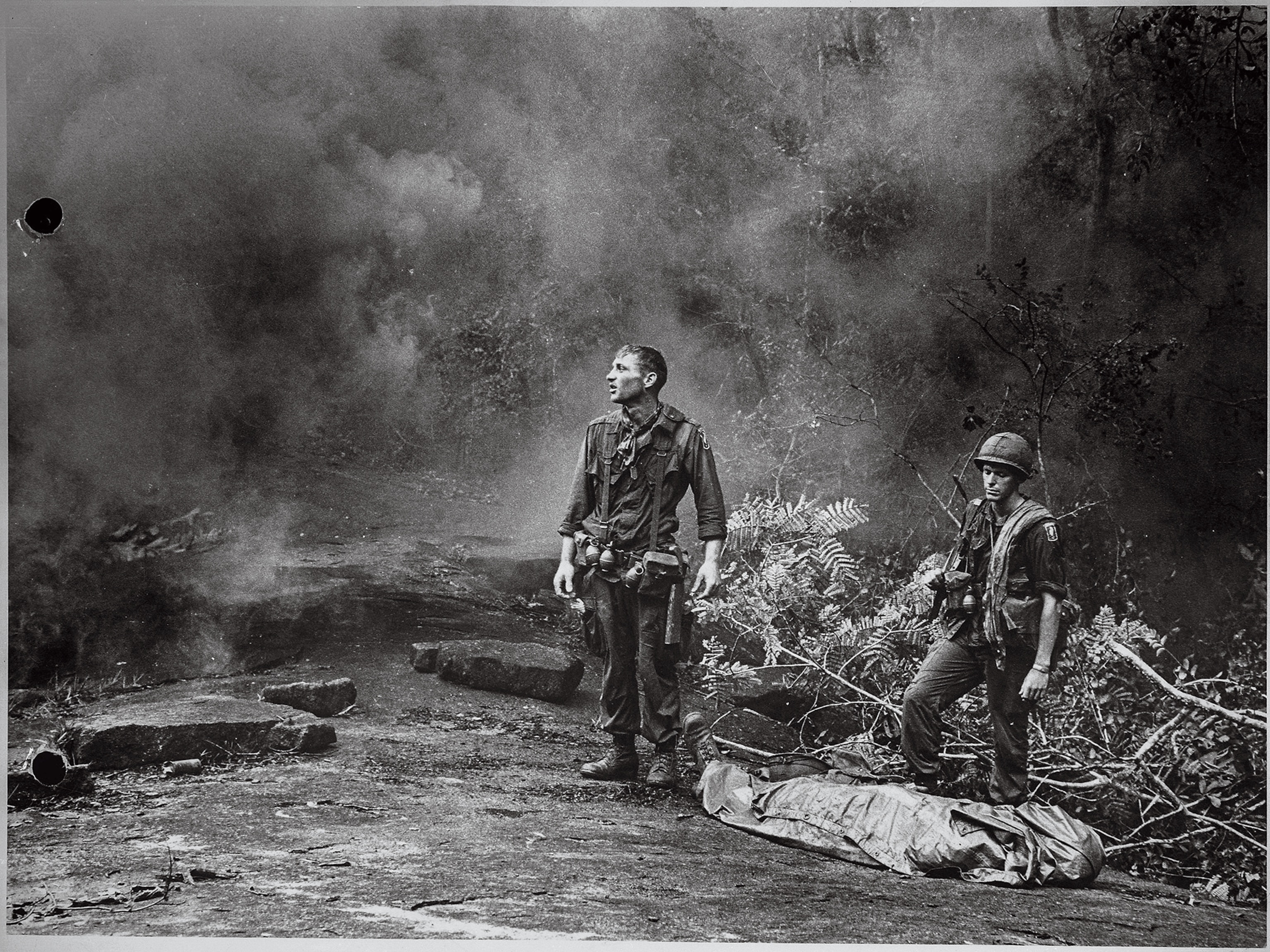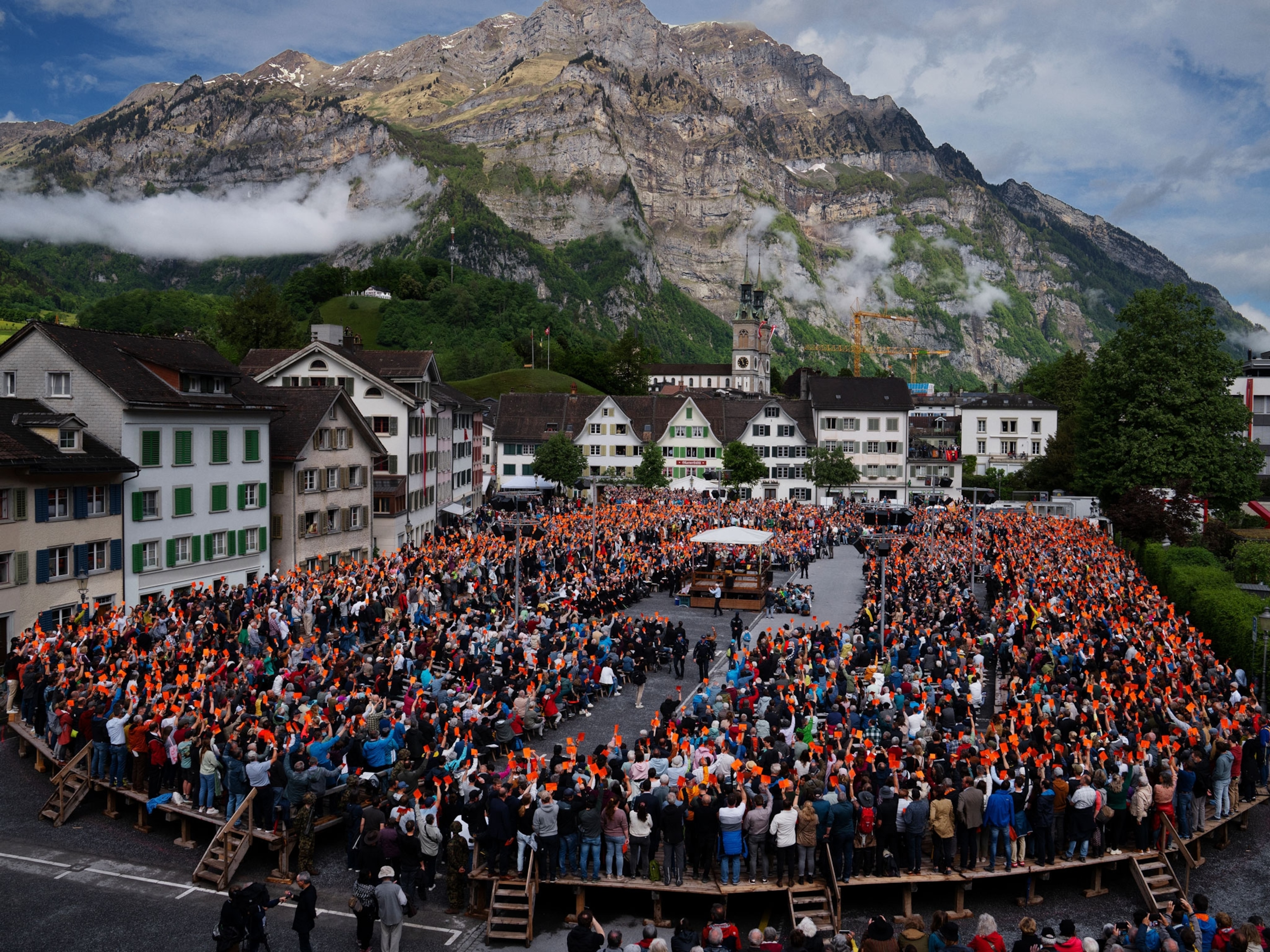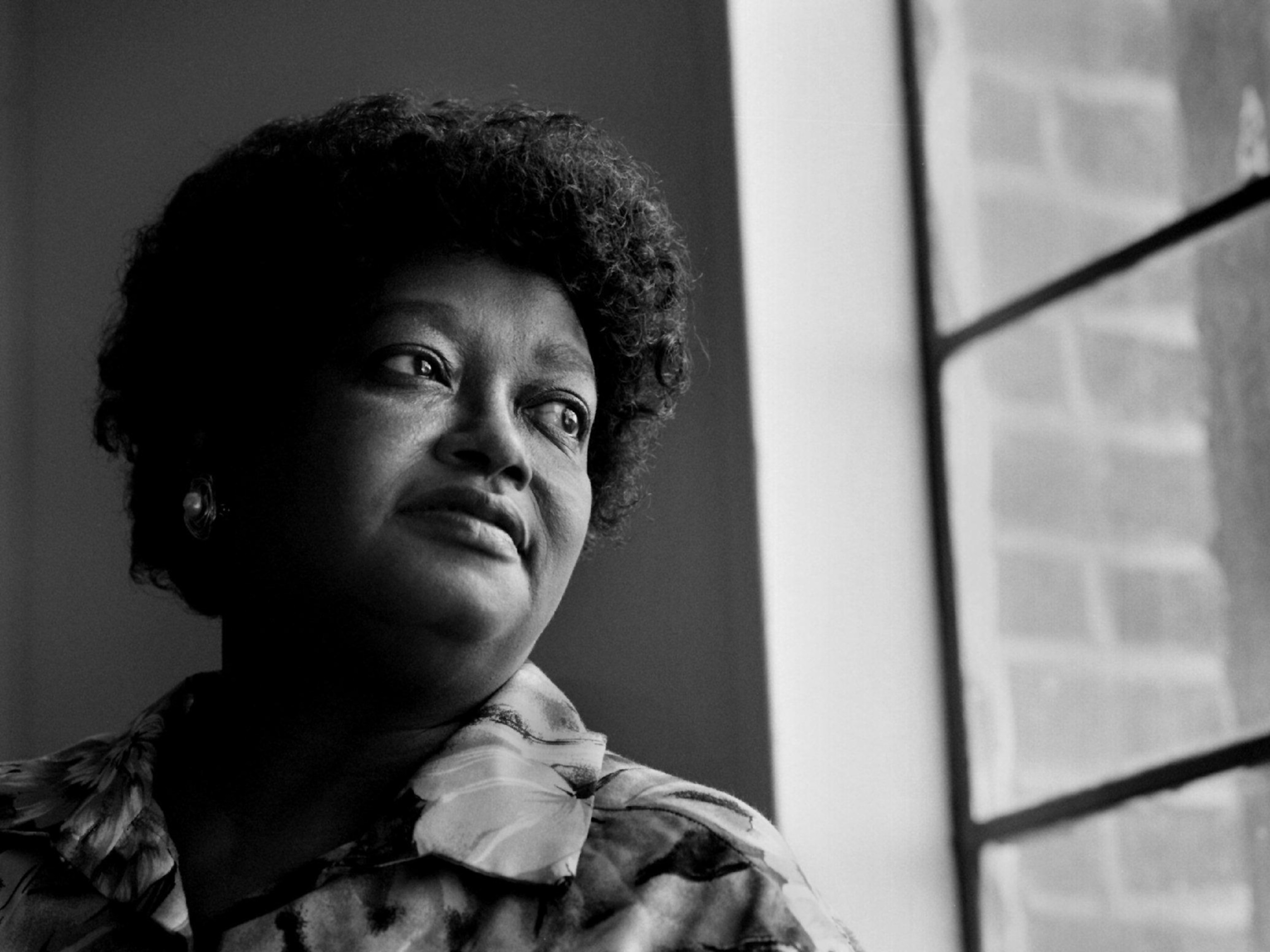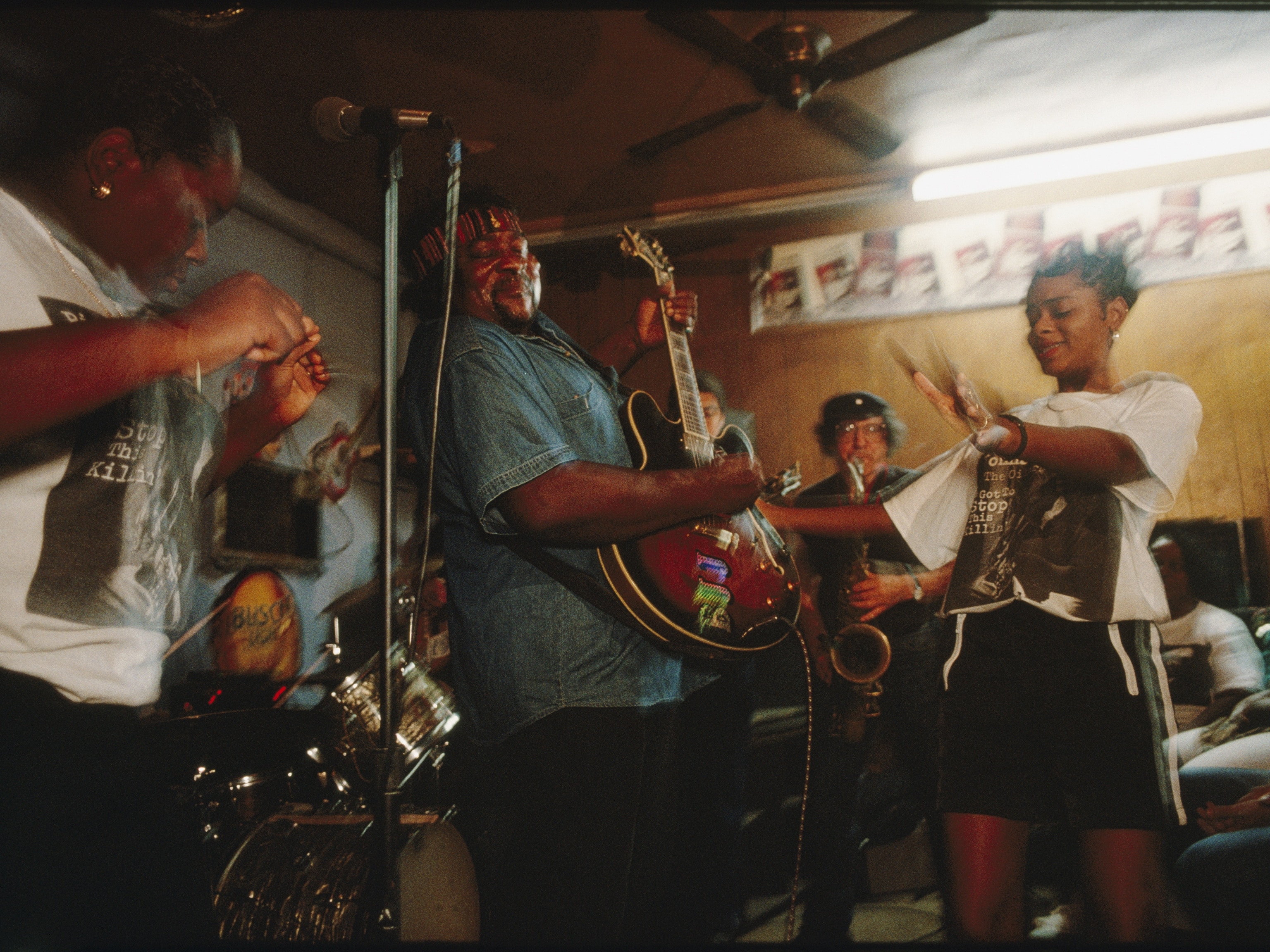
'Your evil revolution': How a reggaeton anthem inspired Cuba protests
‘Patria y Vida’ turns a Castro slogan on its head, inspiring thousands to demand reform in the island nation
The movement began with a melody, Patria y Vida—Homeland and Life. That is the title of a collaborative song released this February by a group of Cuban hip-hop and reggaeton artists—a song that speaks volumes and has evolved into a rallying cry for change. Thousands took to the streets in big and small towns across Cuba Sunday to utter those words, making for the biggest outburst of a national protest in decades. Hundreds more gathered in Miami in a show of solidarity.
“Patria y Vida,” Cubans chanted in videos that went viral and served as a bullhorn for more to join as the day progressed. They demanded freedom, access to COVID-19 vaccines, food, an end to misery. The crowds comprised a cross-section of the population, but many of the faces in posts shared on social media were young, like the singers who wrote the song—which contains a tirade against a government that has maintained a firm grip since the late Fidel Castro rose to power in 1959.
Back then, the government issued its own three-word decree, Patria o Muerte—"homeland or death." These 2021 lyrics are an angry response to that old revolutionary slogan.
No más mentiras
Mi pueblo pide libertad, no más doctrinas
“No more lies. My people ask for freedom, not more doctrines." A video accompanying the song's YouTube release earlier this year was accompanied by images of smaller acts of protests squashed by violent arrests. “Let's no longer shout ‘homeland or death,’ but ‘homeland and life,'" the singers plea, "and start building what we dream of, what they destroyed.”
Cuba’s President Miguel Díaz-Canel was quick to blame the United States for the island-wide protests pointing to the U.S. trade embargo as the catalyst for hardships on the island. He labeled the protesters insurrectionists, financed by outsiders determined to fracture “the unity of our country.” He called on “revolutionary” citizens to take to the streets in counterprotests and there were reports by human rights activists and social media posts documenting arrests across the island.
“We must make clear to our people that one can be dissatisfied, that’s legitimate, but we must be able to see clearly when we’re being manipulated,” Díaz-Canel said during a televised national address on Monday. “They want to change a system, to impose what type of government in Cuba?”
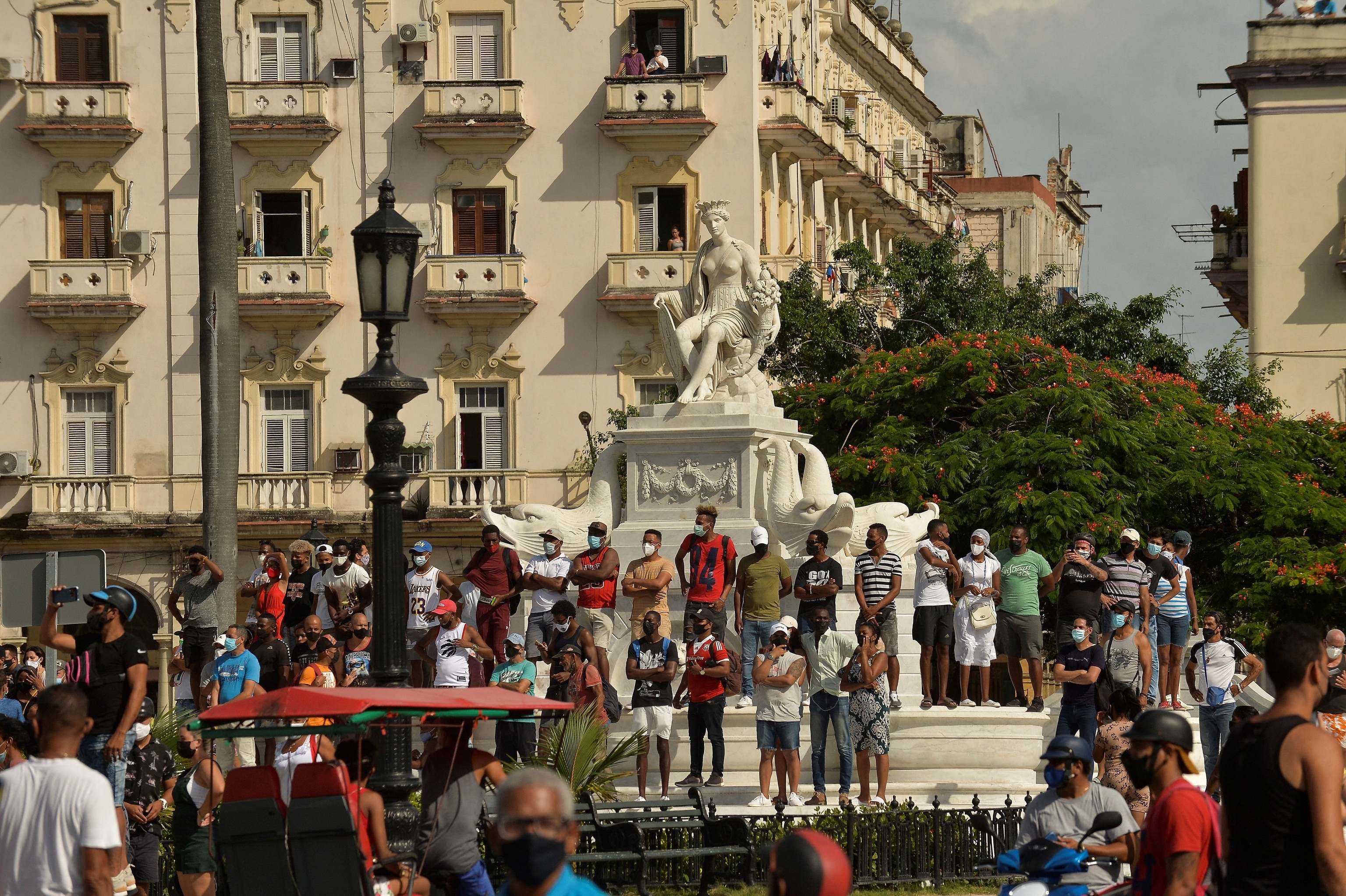
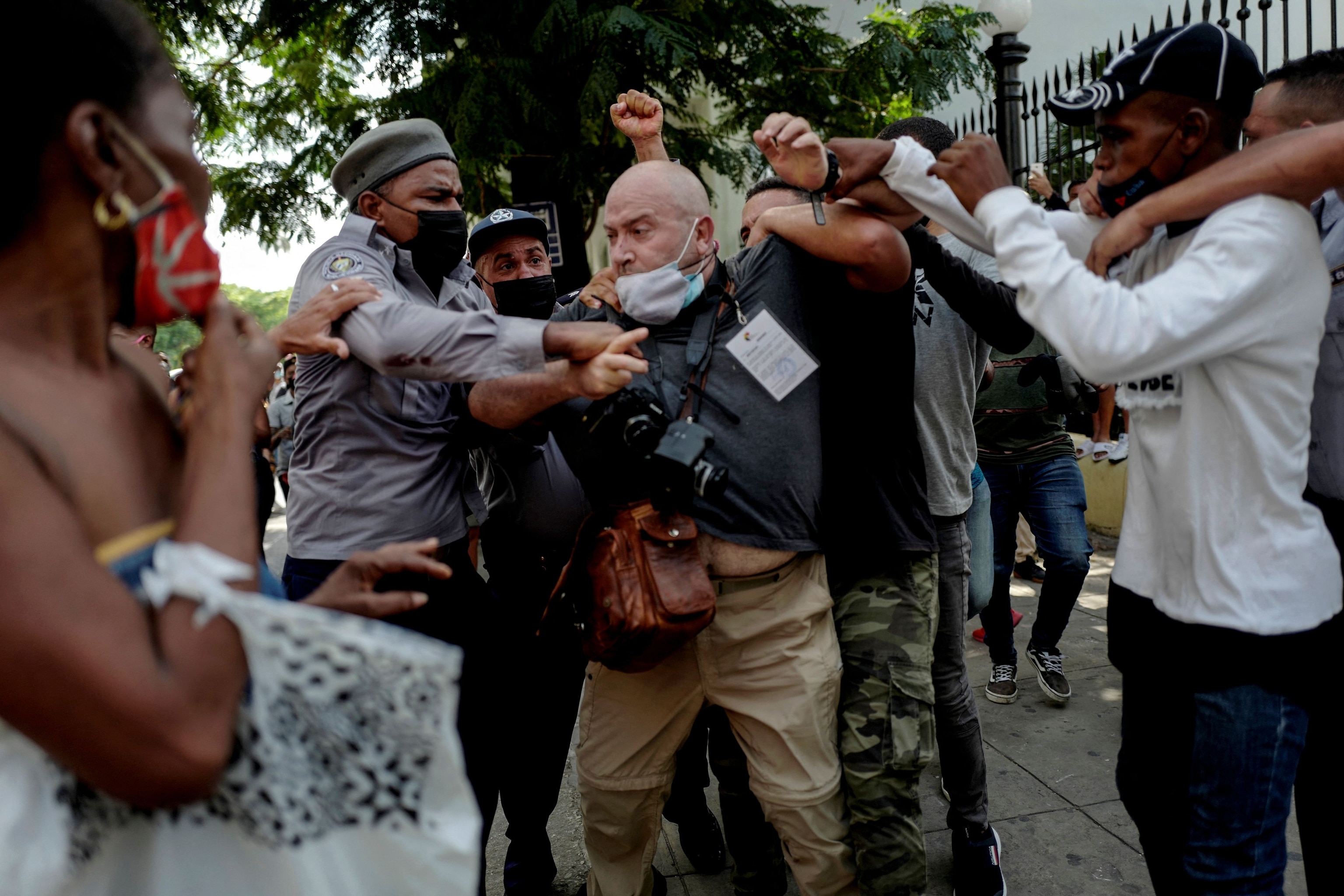
In Washington, the White House issued a statement of unity with the Cuban population.
“We stand with the Cuban people and their clarion call for freedom and relief from the tragic grip of the pandemic and from the decades of repression and economic suffering to which they have been subjected by Cuba’s authoritarian regime,” the statement said. “The Cuban people are bravely asserting fundamental and universal rights. Those rights, including the right of peaceful protest and the right to freely determine their own future, must be respected. The United States calls on the Cuban regime to hear their people and serve their needs at this vital moment rather than enriching themselves.”
Cuba’s economy has been spiraling in recent years. There is little money in government coffers to import food or medicine, difficulties importing oil have led to growing power outages, currency reform has spurred inflation, and restrictions on remittances sent from abroad have reduced cash flow. An effort to reopen the tourism industry got stalled by the COVID-19 pandemic and the number of positive cases on the island has surged in recent weeks.
“Everything that could go wrong has gone wrong,” said William LeoGrande, a government professor at American University and a Cuba expert. “[Díaz-Canel] is in an almost impossible situation. There is nothing he can do in the short-term that can solve these problems."
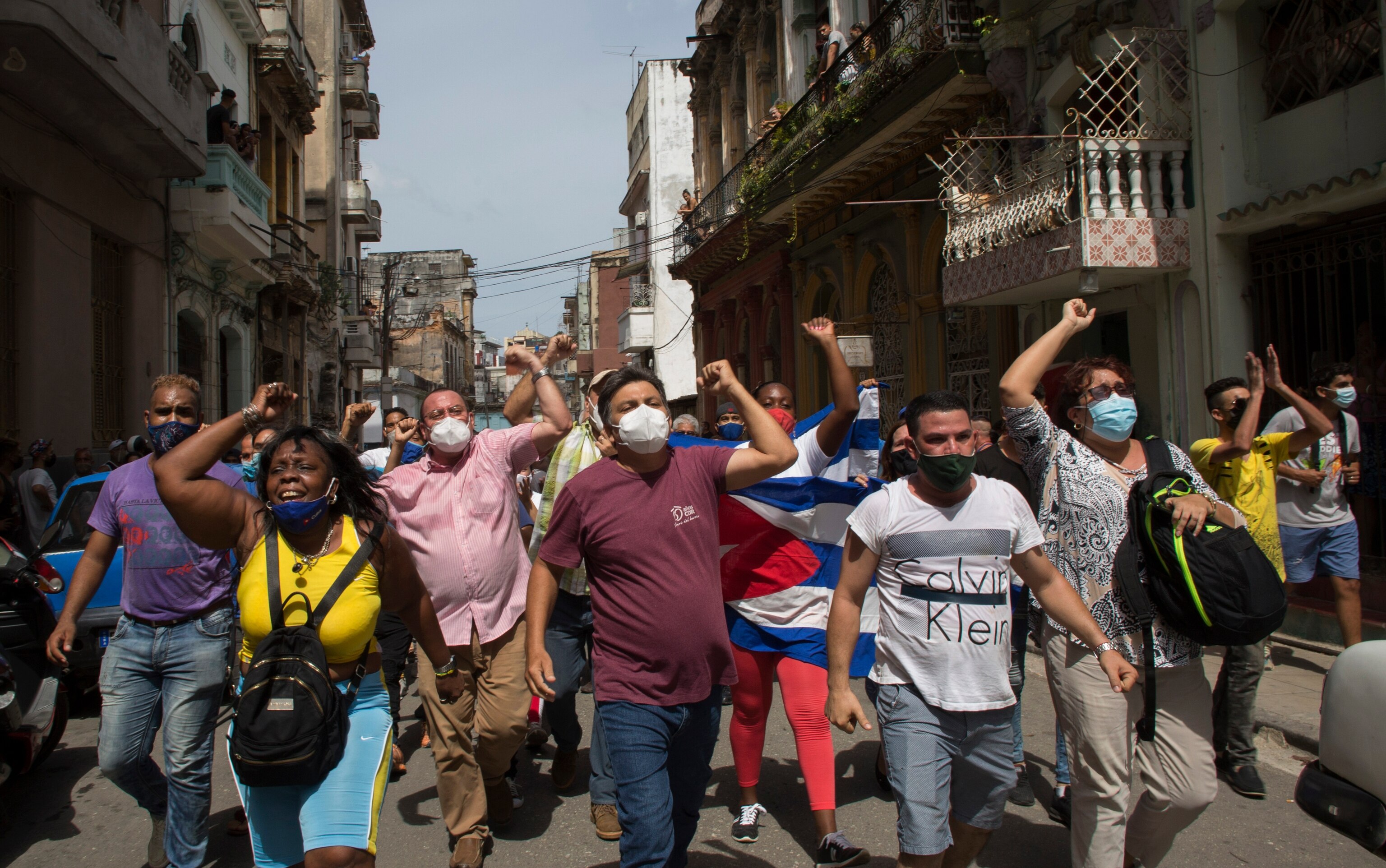
Sunday’s outburst was part of civil society action that has been growing through the use of technology. Internet service, which had been tightly controlled by the government, is now more accessible; activists have been using social media to document abuses, call for freedom of expression, and apply pressure on other grievances. Additional sporadic protests took place again on Monday, according to social media posts, and police in riot gear stepped up their presence on the street. Internet access also was briefly shut down, various news outlets reported.
Yotuel Romero, a singer with the Orishas band and one of the leaders of the Patria y Vida project, told the Miami Herald that the song is part of an “awakening of Cuban youth.”
The song also has raised the profile of Afro Cubans. All of the singers are Black. That is significant for a population that has grown on the island, while those with means—many of them white or light-skinned Cubans—have fled. In addition to Romero, the other artists include Alexander Delgado and Randy Malcom of the reggaeton duo Gente de Zona, singer-songwriter Descemer Bueno, and rappers Maykel Castillo, known as Maykel Osorbo, and Eliécer “el Funky” Márquez. Some were one the island when the song was produced, others in exile.
“Patria y Vida gives them a voice,” says Alejandro de la Fuente, chair of the Cuba Studies Program at Harvard University. “It’s a popular voice. It’s an Afro Cuban voice. It comes from the barrio.”
Sunday’s protests also showcased “demands and frustration that took on a new life,” de la Fuente says. “Does it have legs? Yes, the conversation changes. The people who took the streets, there is no way now to argue that these people are financed by the U.S. This is something else that will require self-reflection within Cuba. This creates a different narrative and it’s a powerful narrative.”
The last time a large protest crowd took to the streets in Cuba was in 1994, in an uprising known as the Maleconazo because of the hundreds of disaffected Cubans who crowded onto the Havana seafront boulevard called the Malecón. That demonstration was limited to Havana, though. Fidel Castro got rid of the simmering unrest by allowing those who wanted to leave to take to the seas in a massive exodus. More than 35,000 Cubans fled that summer in what came to be known as the “rafter” or balsero crisis. The elder Castro died in 2016 and his brother Raúl took charge. He stepped down as head of the Communist Party in April and Díaz-Canel was named as successor, serving as both president and party leader.
In Miami on Sunday evening, Patria y Vida singer Yotuel Romero showed up at the solidarity protest in Little Havana to take part and cheer on the crowd. Standing on the roof of a van, he folded his hands in the air and asked the hundreds gathered to join him in prayer for Cuba. Many got on their knees.
